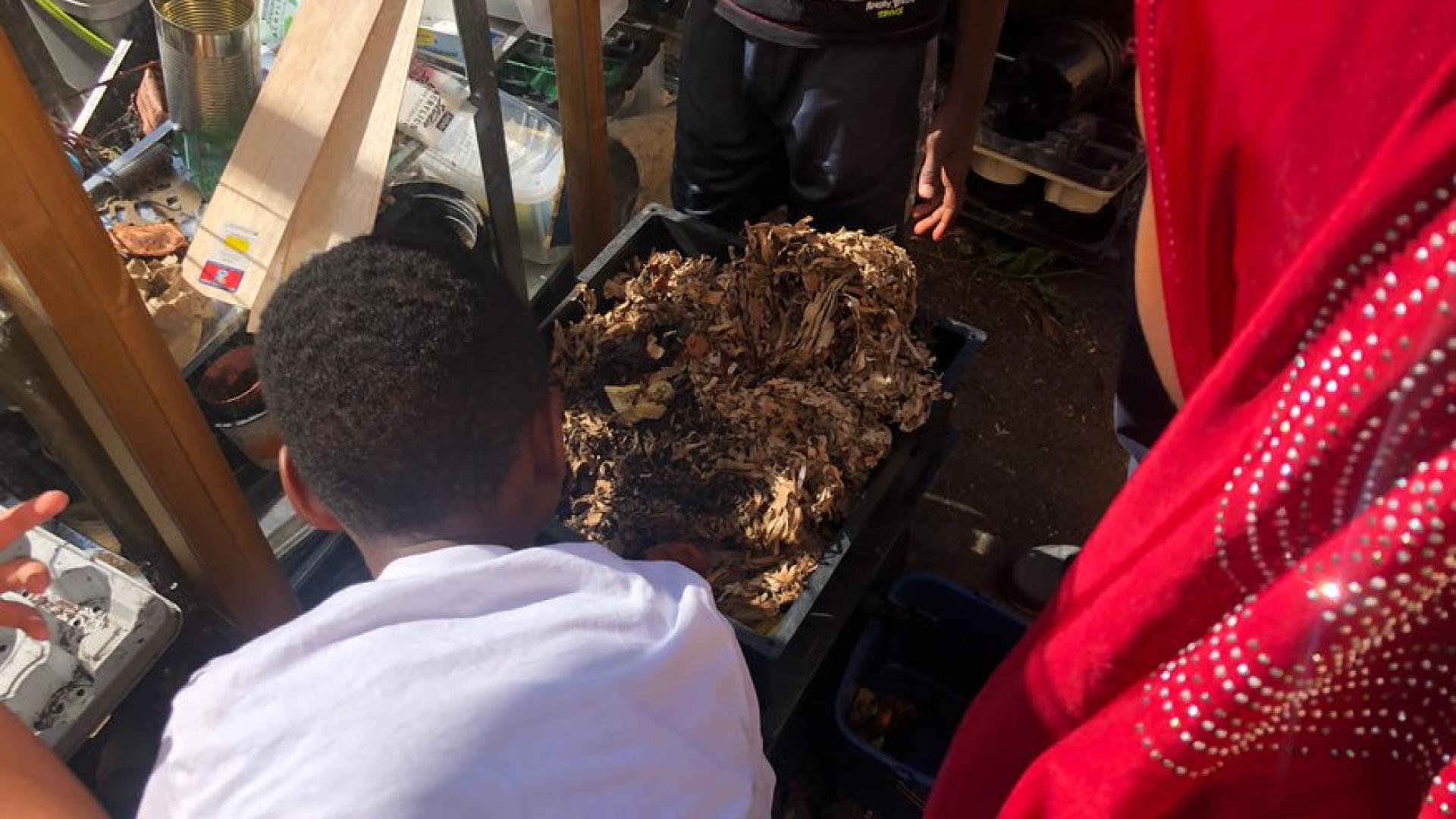The problem
Many areas of our towns and cities are nature-deprived and people of colour and other marginalised groups are more likely to live in areas with fewer green spaces. Being unable to easily access nature can result in worse physical and mental health outcomes and reinforces wider inequalities.
The challenge
How might we create an inclusive funding space and learn more about what works at a local level to address this nature deficit and connect people with nature and each other?
What if….we set up a small one-off time-limited fund to support or kickstart a portfolio of hyper-local nature projects to better understand the barriers communities are facing and mobilise their energy and creativity to share learnings more widely.
We held a celebration which made space for some of the project organisers to connect for the first time. We are capturing insights from our conversations, sharing ideas and publishing learnings and stories from the different groups. We have improved our understanding of what works on the ground and how this might feed into policies that better meet communities’ needs.
If you'd like to know more about our experience of using micro-granting to foster grassroots change, or find out more about the individual projects, please contact us. Read stories from Kingsmeadow@MadeForever, Mountford Growing Community, Hull Food Partnership and Friends Flourishing and Oxford City Farm. More to follow.


